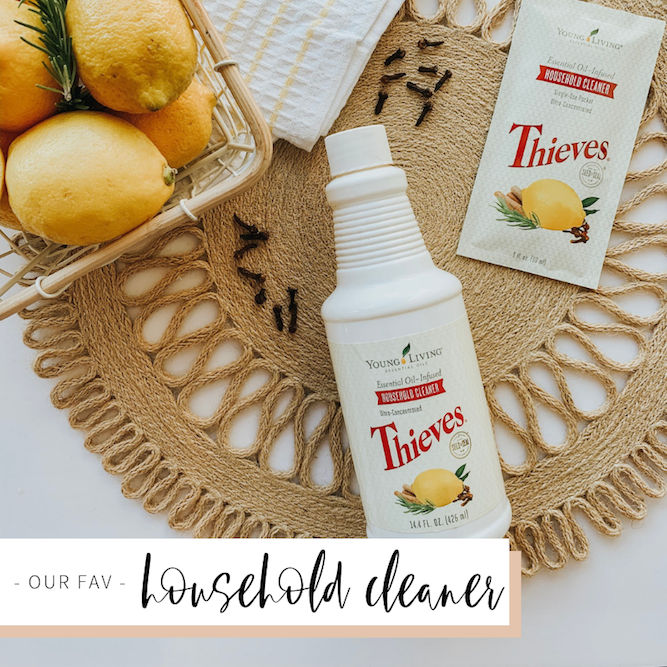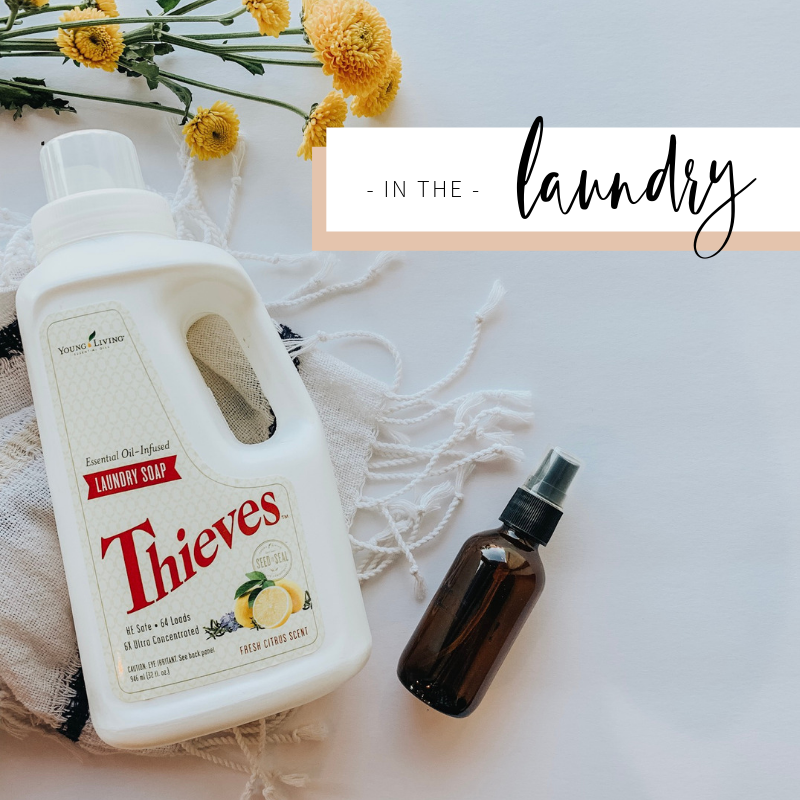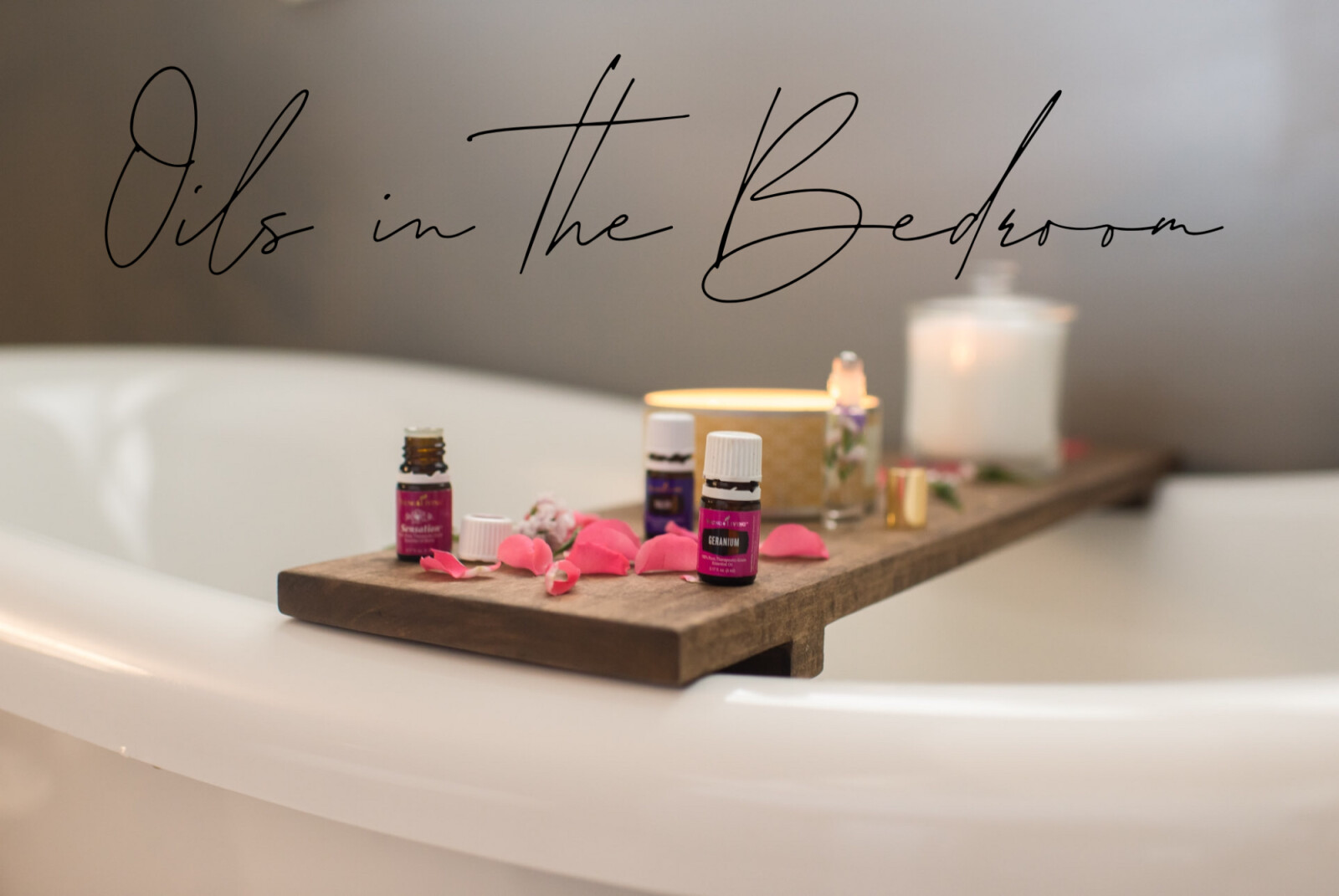
 You might be thinking...what's the big deal? Here is a bit of science that shows that we can clean just about anything with this amazing blend. "A well-documented diffuser based study of Thieves showed impressive evidence of its antibacterial properties when Thieves was diffused against three different types of airborne bacteria – Micrococcus luteus, Pseudomonas aeruginosa and Staphylococcus aureus. After 10 minutes of diffusing Thieves oil, there was a significant reduction of all three types of bacteria (82%, 96% and 44% respectively)."
You might be thinking...what's the big deal? Here is a bit of science that shows that we can clean just about anything with this amazing blend. "A well-documented diffuser based study of Thieves showed impressive evidence of its antibacterial properties when Thieves was diffused against three different types of airborne bacteria – Micrococcus luteus, Pseudomonas aeruginosa and Staphylococcus aureus. After 10 minutes of diffusing Thieves oil, there was a significant reduction of all three types of bacteria (82%, 96% and 44% respectively)."  The product that changed the game, our all-time favorite, Thieves Household Cleaner! A couple reasons why I love it.... it simplifies my cabinets and I only have to buy 1 product!
The product that changed the game, our all-time favorite, Thieves Household Cleaner! A couple reasons why I love it.... it simplifies my cabinets and I only have to buy 1 product! - Countertops
- Granite
- Stainless steel
- Porcelain
- Tile
- Bathrooms
- Mirrors
- Windows
- Toilets
- Floors
- Laundry Stains
- Sharpie stains
- Toys ...and more!

- All-Purpose: 1 capful of Cleaner with 3 cups of water
- Heavy Cleaning: 1 capful of Cleaner with 1.5 cups of water -
- Degreasing: Cleaner undiluted with a cloth

- Thieves Dish Soap - effectively cleans your dishes without chemicals, dyes, or synthetics and multi-purpose for many cleaning jobs.
- Thieves Foaming Hand Soap - great for kids! has a rich foam, and contains gentle ingredients so it can be used often without drying or stripping the skin.
- Thieves Fruit & Veggie Soak - get rid of all of the pesticides and chemicals on your produce with this easy to use soak! You can clean an entire sink of produce with one cap!

- Thieves Dental Products - everything from toothpaste, to mouthwash and even Thieves floss!
- In many traditional toothpastes, you’ll notice ingredients like sodium lauryl sulphate and fluoride (which the EPA lists as a contaminant. It’s considered a “toxic waste” in the fertilizer industry).
- The average supermarket mouthwash can contain up to 26% ethanol. You're actually gargling more alcohol than a glass of wine! Thieves to the rescue! Safe for your entire family and free from toxins. For kids, check out the KidScents Slique Toothpaste!




- Clorox Clean-up - $0.13 per oz
- Green Works - $0.24 per oz
- Seventh Generation - $0.27 per oz
- Thieves Household Cleaner is the cheapest cleaner on the market at $0.05 cents an oz (diluted per instructions on the 14.4oz bottle)!


HELLO BEAUTIFUL! This post is about putting a little spark in your life... between the sheets! I've included a bunch of recipes as well... some for the diffuser to enhance the mood, edible lubricants, stroking oil blends, and a few more specific to enhancing sensations and getting your tingle on. ;) Most of this info is from Lucy Libido's book: There's an Oils for THAT....a Girlfriend's guide to using Essential Oils between the sheets. This post is quite long, but full of juicy bits for women, for men, for understanding your hormones and much more! Scroll thru and find the info that fits your life today!

'Tis the Season!! I'm hearing from so many of you that the germs are invading your homes! Did you know that you don't have to suffer?! Many natural remedies are truly effective for these symptoms. There are several essential oils for cough that have antispasmodic, expectorant, antiviral and antibacterial properties. And, most importantly, these work to address the cause of your cough while simultaneously loosening mucus, relaxing your muscles and reducing cough intensity. Keep in mind, if you try one or two of the options below and they do not seem to have the effect you desire, try another combination. And it's ok to apply a combo of 2 oils diluted on your chest and fill your diffuser with a combo of 2 different oils to maximizes effectiveness.
The 8 Best Essential Oils for Cough
These essential oils for cough are effective in two ways — they help to address the cause of your cough by killing toxins, viruses or bacteria that are causing the problem, and they work to relieve your cough by loosening your mucus, relaxing the muscles of your respiratory system and allowing more oxygen to get into your lungs. You can use one of these essential oils for cough or a combination of these oils.
1. Eucalyptus
Eucalyptus is an excellent essential oil for cough because it works as an expectorant, helping to cleanse your body of the microorganisms and toxins that are making you sick. It also dilates your blood vessels and allows more oxygen to get into your lungs, which can be helpful when you are constantly coughing and having trouble catching your breath. In addition to this, the major component in eucalyptus oil, cineole, has antimicrobial effects against many bacteria, viruses and fungi.
The best way to use eucalyptus oil as an essential oil for cough is to diffuse 5 drops at home, especially right before bed. Eucalyptus can also be applied topically to your chest and neck to reduce cough severity, but only use a very small amount — starting with 1–2 drops diluted with carrier oil. Keep in mind, eucalyptus should not be used topically on children under the age of 2 and when it’s being used on children, do a patch test first to make sure they don’t experience adverse skin reactions.
2. Peppermint
Peppermint oil is a top essential oil for sinus congestion and coughs because it contains menthol and it has both antibacterial and antiviral properties. Menthol has a cooling effect on the body, plus it helps to unclog your sinuses and improve nasal airflow when congested. Peppermint is also able to relieve a scratchy throat that makes you dry cough. It’s also known to have antitussive (anti-cough) and antispasmodic effects.
Research conducted on healthy adults shows that peppermint oil relaxes the bronchial smooth muscles and increases ventilation, which is why it’s often used by athletes to enhance their exercise performance. It is these properties that allow peppermint to reduce coughing severity and improve your respiratory rate and ability to breath.
The best ways to take advantage of the many peppermint oil benefits for coughs and respiratory conditions is to diffuse 5 drops at home or work (you can combine this with eucalyptus), inhale it directly from the bottle or apply 2–3 drops diluted with carrier oil topically to your chest, back of neck and temples. When using peppermint topically, you can apply it alone, or combine it with coconut oil and eucalyptus oil to create a vapor rub. Remember that a little bit goes a long way, so start with just a few drops when using peppermint on your skin. Plus, don’t get it too close to your eyes or it can cause irritation. Do not use peppermint oil on the skin of children under the age of 2.
3. Rosemary
Rosemary essential oil has a relaxing effect on your tracheal smooth muscle, which helps to relieve your cough. Rosemary also exhibits antioxidant and antimicrobial properties, so it works as a natural immune booster.
A 2011 study published in Evidence Based Complimentary and Alternative Medicine found that a spray containing eucalyptus, peppermint, oregano and rosemary essential oils was able to improve symptoms of upper respiratory ailments among the 26 participants in the treatment group. By inhaling these oils five times a day for three days, researchers indicate that the participants reported greater improvement in symptoms including cough, sore throat and hoarseness. It only took 20 minutes after inhaling the essential oil spray that the participants noticed an improvement.
To use this essential oil for your cough, diffuse about 5 drops or combine 2 drops with half a teaspoon of coconut oil and rub it into your chest. Rosemary shouldn’t be used on children under the age of 4 and it’s not safe for women who are pregnant.
4. Lemon
Lemon essential oil is known for its ability to boost your immune system and support lymphatic drainage, which can help you to overcome a cough and cold quickly. It has antibacterial, antioxidant and anti-inflammatory properties, which makes it a great tool for supporting your immunity as you battle with a respiratory condition. Lemon essential oil also benefits your lymphatic system, which protects your body from outside threats, by improving blood flow and reducing swelling in your lymph nodes.
There are a few ways to use lemon essential oil to relieve your cough. You can diffuse 5 drops at home or work, and even add it to eucalyptus oil in your diffuser. You can also combine about 2 drops of lemon oil with a half teaspoon of coconut oil and rub the mixture into your neck to help drain your lymphatic system.
To use lemon essential oil internally, add 1–2 drops of a high quality, pure grade oil to warm water with honey or a glass of water. In an attempt to relieve your cough, you have to think about what’s causing it in the first place. Using lemon essential oil to kill toxins or bacteria in your home can be very helpful, diffuse with Thieves and add to your Thieves cleaning solution to disinfect all surfaces.
5. Oregano
Two active ingredients in oregano essential oil are thymol and carvacrol, both of which have powerful antibacterial and antifungal properties. Research suggests that because of its antibacterial activities, oregano oil can be used as a natural alternative to antibiotics that are often used to treat respiratory conditions. Oregano oil also exhibits antiviral activity and because many respiratory conditions are actually caused by a virus and not bacteria, this can be especially beneficial for relieving conditions that lead to a cough.
To use oregano oil for your cough, combine 1 drop of oregano with 1 drop eucaplytus and 1 drop lemon and equal parts carrier oil (like coconut oil) and apply it to your chest, back or neck or bottom of your feet. To treat bacterial conditions that are leading to a cough, add 1–2 drops to a glass of water twice daily or place in a capsule. Because taking oregano oil internally may interact with certain medications, I advise that you speak to your health care provider before using it. I also recommend using oregano oil internally only for a maximum of two weeks.
There’s not enough research to suggest that using oregano oil is safe during pregnancy, so use caution. To use oregano oil on children, simply dilute 1 drop with a teaspoon of coconut or olive oil and rub it into the soles of their feet.
6. Tea Tree
The earliest reported use of the tea tree, or malaleuca plant, was when the Bundjalung people of northern Australia crushed the leaves and inhaled them to treat coughs, colds and wounds. One of the most well-researched tea tree oil benefits is its powerful antimicrobial properties, giving it the ability to kill off bad bacteria that lead to respiratory conditions. Tea tree has also displayed antiviral activity, making it a useful tool for addressing the cause of your cough and working as a natural disinfectant. On top of that, tea tree oil is antiseptic and has an invigorating scent that helps to clear congestion and ease your cough and other respiratory symptoms.
To use tea tree for your cough, diffuse 5 drops at home or work, inhale it directly from the bottle, or dilute 1–2 drops with a half teaspoon of coconut oil and rub it into your chest and back of your neck. Tea tree oil is not for internal use and it shouldn’t be used during pregnancy.
7. Frankincense
Frankincense (from trees of the Boswellia species) has traditionally been touted for its positive effect on the respiratory system; it has traditionally been used in steam inhalations, baths as well as massages to help relieve a cough, in addition to catarrh, bronchitis and asthma. Frankincense is considered gentle and is generally well-tolerated on the skin on its own, but when in doubt, always dilute with a carrier oil.
8.Myrtle
Precautions
It’s important that your essential oils for cough are 100 percent therapeutic grade oils, especially if you are using essential oils internally. You should also become familiar with essential oil safety, especially if you are pregnant, caring for a child or planning to use the oils internally.
Of these seven essential oils for cough, eucalyptus, rosemary and tea tree should not be used during pregnancy. If you are pregnant and planning to use oregano oil, use caution and speak to your health care provider beforehand. When using essential oils for cough to soothe your child, it’s best to diffuse eucalyptus, peppermint, lemon, oregano and tea tree from a distance. If you use these oils on your child’s skin, always use a carrier oil and only very small amounts of the essential oil. Plus, do a patch test first.

